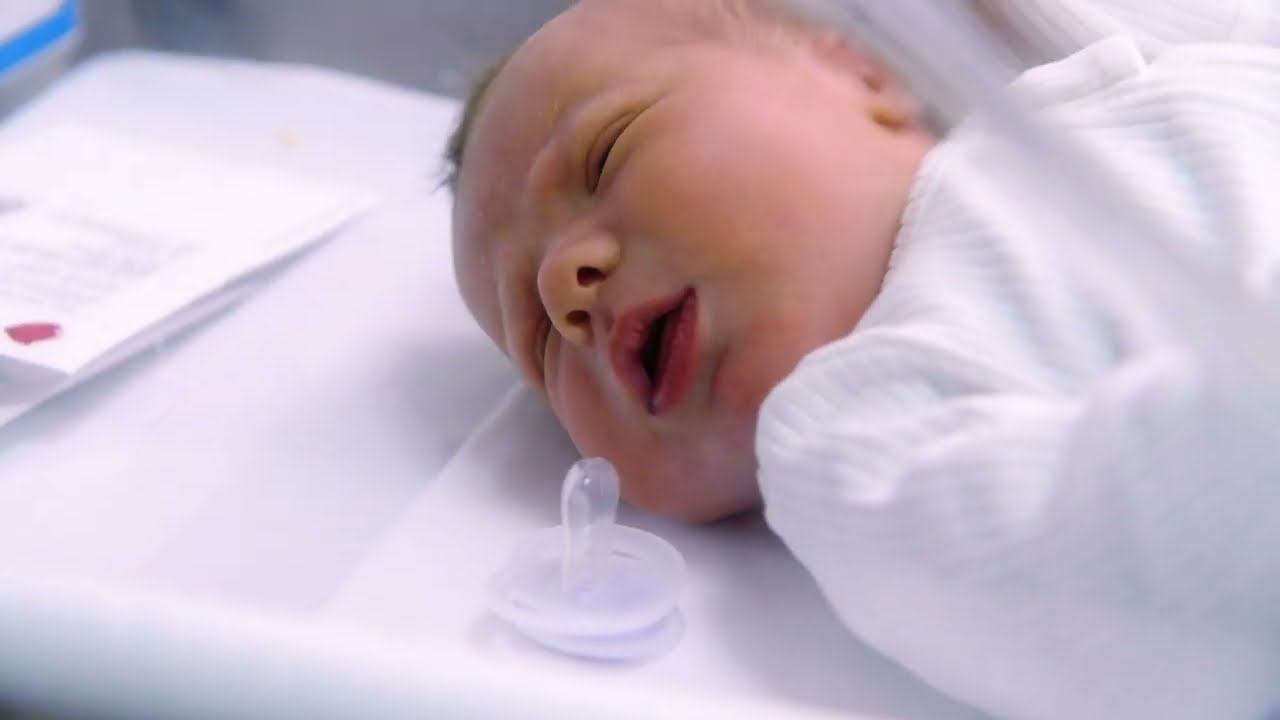Prenatal Screening for Twin Pregnancies in Sheep
In sheep farming, ensuring the health and well-being of twin pregnancies is critical to maintaining productivity and profitability. Prenatal screening can play a crucial role by providing early insights into potential issues that may arise during gestation. This service focuses on identifying genetic disorders or abnormalities in twins through non-invasive prenatal testing (niPST). The aim is to provide farmers with valuable information that enables them to make informed decisions regarding their flock’s health and welfare.
Non-invasive prenatal screening for twin pregnancies involves collecting maternal blood samples, which are then analyzed using advanced laboratory techniques. These tests can detect certain chromosomal abnormalities such as trisomies (e.g., Down syndrome). The process is designed to minimize stress on both the mother and her offspring while providing accurate results.
For a more comprehensive understanding, let’s delve into how this service works:
- Sample Collection: Maternal blood samples are collected from ewes during early pregnancy. This minimally invasive procedure ensures minimal disruption to the mother and her developing lambs.
- Analysis: Using cutting-edge technology, we analyze the samples looking specifically at cell-free fetal DNA present in maternal blood. This allows us to detect certain genetic conditions without needing to perform invasive procedures like amniocentesis or chorionic villus sampling (CVS).
- Reporting: Once the analysis is complete, we provide detailed reports to farmers outlining potential risks identified during screening. These reports include recommendations for further diagnostic testing or management strategies if necessary.
The sample is then transported to our state-of-the-art laboratory for analysis.
The laboratory employs a variety of methodologies including next-generation sequencing and microarray analysis, ensuring high accuracy rates.
This service not only helps in identifying any issues early but also aids in preparing appropriate care plans for both mother and offspring post-screening findings.
Applied Standards
| Standard | Description |
|---|---|
| ISO 15189:2012 | International standard for quality and competence of medical laboratories, ensuring high standards in prenatal screening. |
| ASTM E3647-19 | Standard practice for non-invasive prenatal testing (niPST) using maternal blood samples. |
| EN ISO 13428:2014 | European standard addressing the quality management requirements of medical laboratories, applicable to this service. |
| IEC 62305-2-49 | International Electrotechnical Commission standard ensuring safety and performance of equipment used in prenatal testing. |
Benefits
The benefits of implementing prenatal screening for twin pregnancies in sheep extend beyond mere detection; they encompass improved animal health, enhanced productivity, and better resource management. Early identification of genetic disorders can lead to targeted interventions, thereby reducing the incidence of miscarriages or stillbirths associated with such conditions.
Moreover, this service supports sustainable practices by enabling farmers to optimize their breeding programs based on sound scientific data rather than relying solely on anecdotal evidence or trial and error methods. Farmers receive personalized advice tailored specifically for their flock, ensuring that each pregnancy receives optimal care.
By leveraging non-invasive prenatal testing technologies, we contribute significantly towards the ethical treatment of animals by minimizing invasiveness during diagnostic procedures. This aligns with global trends towards more humane agricultural practices.
International Acceptance and Recognition
The service offered here is recognized internationally for its reliability and accuracy in prenatal screening of twin pregnancies in sheep. Compliance with international standards such as ISO, ASTM, EN, and IEC ensures that our results are accepted globally.
Our laboratory adheres strictly to these guidelines, ensuring consistent quality across all screenings conducted. The recognition gained from meeting these stringent criteria enhances trust among clients worldwide who rely on accurate prenatal data for decision-making purposes.
Incorporating international best practices into our services allows us to offer a robust platform that supports continuous improvement and innovation within the field of veterinary genetics. By staying abreast of advancements in technology and methodology, we ensure that our offerings remain at the forefront of what is possible in this area.





